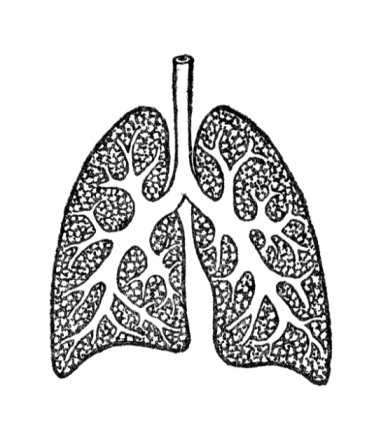Bronchopulmonary dysplasia (BPD), also called chronic lung disease (CLD), is a complex lung condition that often affects the most premature and fragile infants. Infants who develop BPD frequently require lengthy hospital stays, and this diagnosis is known to be a strong predictor of long-term lung function, cardiovascular health in addition to overall growth and neurodevelopment.
The management of infants who are at risk for this diagnosis and those who go on to develop BPD/CLD presents a unique challenge for those who care for them. At Rady Children’s Hospital, the approach to the respiratory care of these infants starts on day one of their lives with a strategy of gentle ventilation. Because the lungs of premature infants are still developing, the strategies we use to support their breathing as they grow are critical.
In our NICU, we offer the region’s highest level of care and a diverse array of respiratory support options such as HFOV, CPAP, Ram cannula and tracheostomy. Because no two infants are the same and no two course of lung disease are the same, it is important to individualize the care each baby requires along their journey and their respiratory development.
This individualized care of infants who develop BPD/CLD requires a collaborative and multidisciplinary team that is able focus attention not only on their unique respiratory care, but also on the multi-organ systems that can affect and be affected by this disease, including cardiovascular function, nutrition, oral and motor development. This disease can be a chronic condition and it is important that is cohesive management is in place and supports families as they transition from the newborn period to home.
Team
- Neonatologist
- Pulmonologist
- Pulmonary Hypertension Specialists
- Cardiologists
- ENT Surgeons
- Aerodigestive Specialists
- Neonatal Respiratory Therapist
- Neonatal Dietitians
- Neonatal Pharmacists
- Neonatal Occupational Therapists
- Neonatal Physical Therapists
- General Surgeons